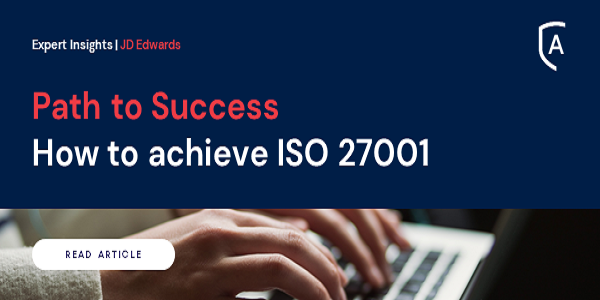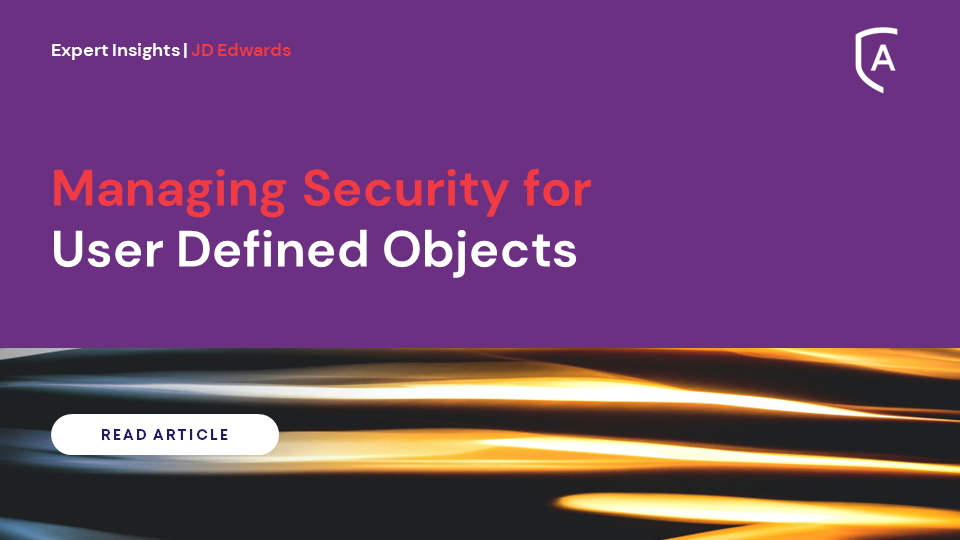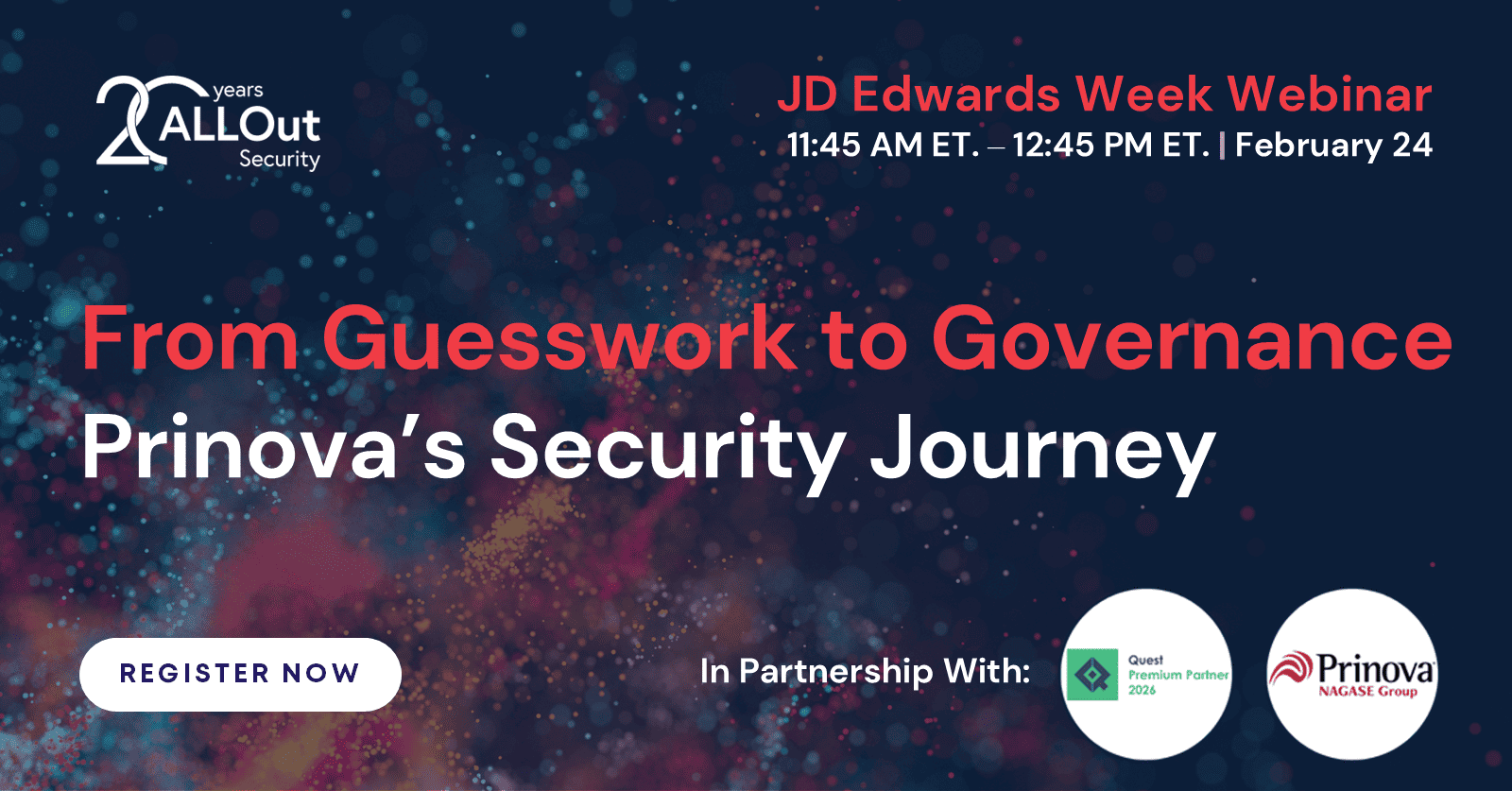When it comes to keeping information assets secured, organisation can rely on the ISO / IEC 27001 group of standards. ISO / IEC 27001 is widely known, providing requirements for an information security management system (ISMS). With the ISO certification, organisations can effectively manage the security of assets such as financial information, intellectual property, employee details or information entrusted by third parties.
The adoption of an ISMS is a strategic decision for an organisation. The establishment and implementation of an organisations security management system is influenced by the organisations needs and objectives, security requirements, the organisation processes used and the size and structure of the organisation. An ISMS preserves the confidentiality, integrity, and availability of information by applying a risk management process and gives confidence to interested parties that risks are adequately managed.
When talking about the norm in an everyday business setting, it is commonly referred as ISO 27001. In essence, the standard is meant to provide organisations of all sizes and industries with a framework of policies, procedures, and controls to mitigate the risk for information security breaches.
Such risks include but are not limited to:
- Physical hazards such as server room fires.
- Dangers posed by employees such as wilful data theft or errors due to lack of training as well as negligence.
- System and processed hazards such as outdated software.
- Threats from cybercrime such as ransomware attacks.
In its framework the norm includes all the risk controls (physical, technical, legal) and ensures that security controls are implemented to safeguard data and information.
The goal of ISO 27001 is to protect a company’s information confidentiality, integrity, and availability. This is done by first determining what potential problems might occur with the data (risk assessment) and then determining what must be done to avoid such problems from occurring (risk mitigation or risk treatment).
Apart from the obvious benefits, this brings one major additional advantage – enhanced reputation. The standard conveys an assurance to the business World that the organisation is credible and trustworthy. Key benefits include:
Boost in Customer Confidence through the demonstration of commitment to information security and compliance requirements.
Competitive advantage as it helps an organisation gain new business contracts and staying ahead of competitors who may not be certified. ISO 27001 is one of the most widely used information security standards and in the last ten years the number of certifications has increased by more than 450%.
Avoid financial penalties as it enables businesses to avoid the potentially crippling financial losses that a data breach can bring.
Improves organisational structure & concentration by clearly defining information security duties and taking away the uncertainty regarding who is responsible for whose data assets and specific duties.
Business, legal, economic, and regulatory obligations are met as it is intended to ensure the selection of appropriate security internal controls that assist the protection of information in accordance with increasingly stringer regulatory requirements such us GDPR and SOX.
Reduces the number of required audits as it is a globally recognised indicator for security effectiveness and helps eliminate the need for recurring customer audits while reducing the number of days on external customer audits.
How can you achieve ISO 27001 Compliance and how AOS helps in this journey
To support the appropriate ISMS (Information Security Management System) process, rules and procedure documentation is required to ensure that a policy of information security is in place. ALLOut Security can be used to help organisations assess their information security risks, specifically in their ERP – JDE instance.
Organisations need to identify and implement a process to assess information security risks and clearly define the objectives for information security which are vital in achieving ISO 27001.
ISO 27001, includes a risk assessment process, organisational structure, Information classification, access control mechanisms, physical and technical safeguards, information security policies, procedures, monitoring and reporting guidelines. Support your certification journey via the ALLOut software with out-of-the-box reporting, integrated processes and automated controls.
The team responsible for establishing and maintaining ISO 27001 compliance need to have a practical understanding of the audit processes whilst being able to replicate how such processes are controlled and monitored – thus avoiding any possible security risks while strengthening the management and security of the system itself without stepping out of the JDE instance itself.
Utilizing the ALLOut Software, organisations can create auditable reporting for monitoring and measuring results whilst having an internal auditing procedure that is documented with management reviews and outcomes in place.
This simplifies the risk management and delivers transparency for your security process.
Discover our industry leading expertise
Industry Insights
Managing Security for User Defined Objects
Once your UDO is approved for sharing, security still needs to be put into place to enable it for users. ALLOut's enhanced SuperGrid provides easy maintainence of the F00950W table.





